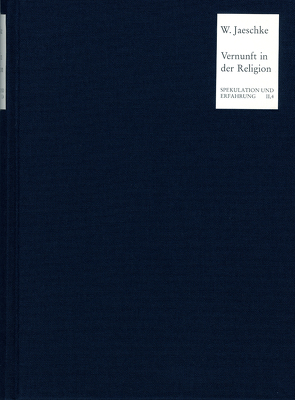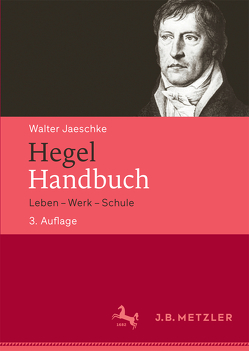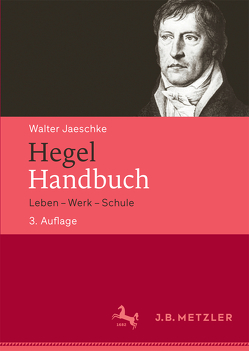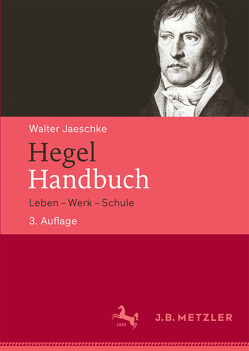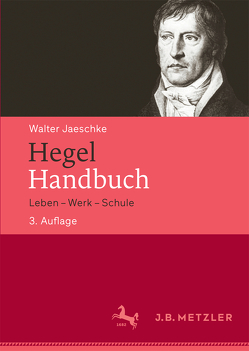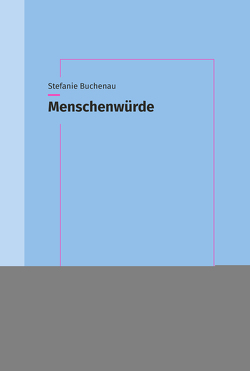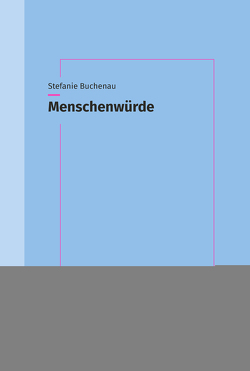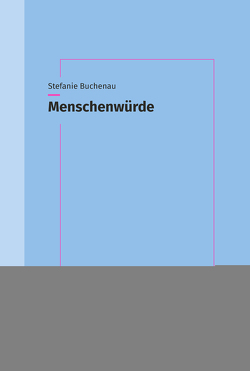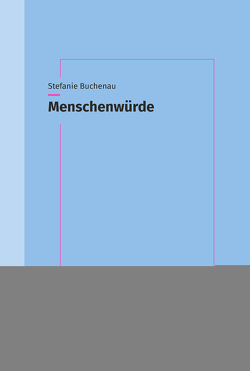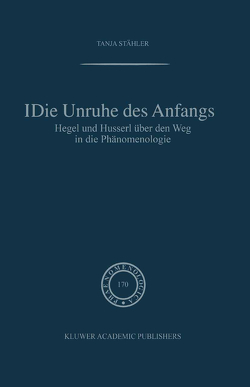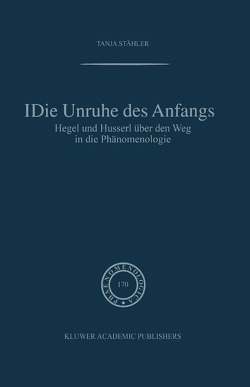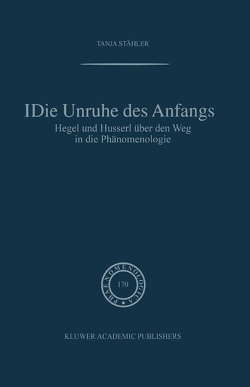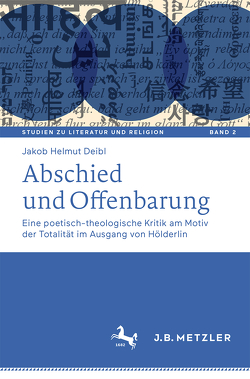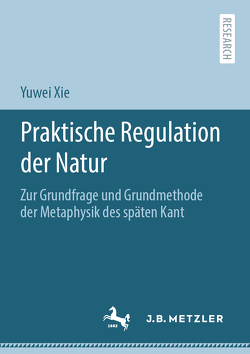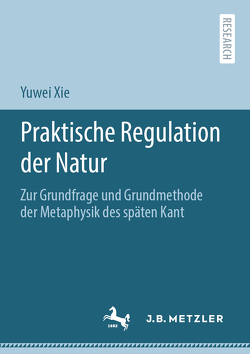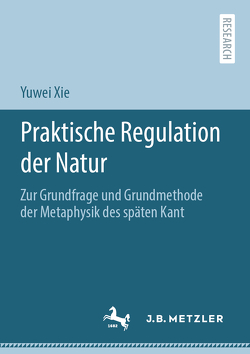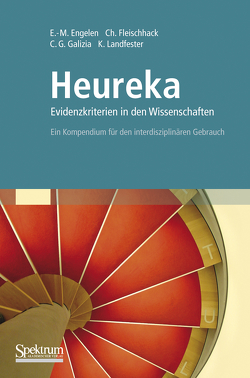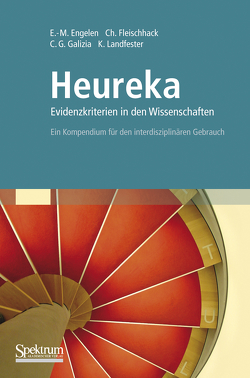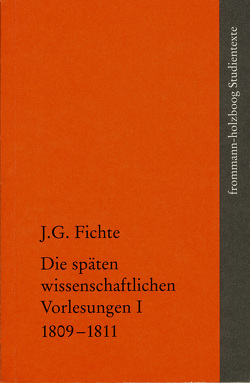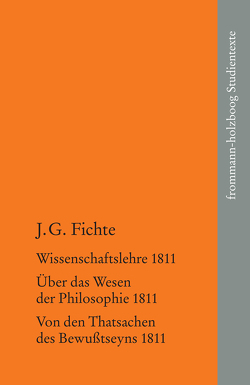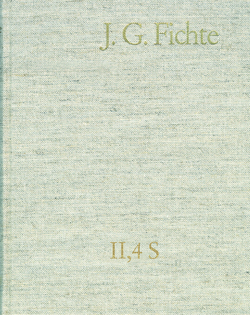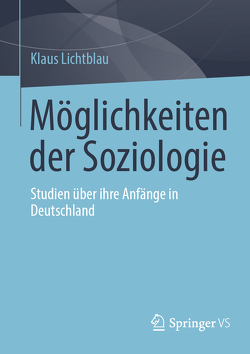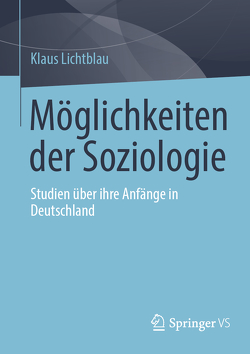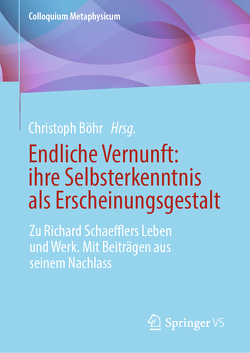Die Vernunft in der Religion
Studien zur Grundlegung der Religionsphilosophie Hegels
Walter Jaeschke
Im Gegenzug zur Kritik der Aufklärung, aber auch in Anknüpfung an sie sucht Hegels Philosophie und insbesondere seine Religionsphilosophie den Gottesbegriff für die Philosophie zurückzugewinnen. Die vorliegende Arbeit entfaltet dieses Programm in vier Studien, die die Kommentierung der Texte mit der Diskussion der systematischen Perspektiven der Epoche von Kant bis Feuerbach verbinden. Die erste rekonstruiert die Voraussetzungen der Religionsphilosophie in den Diskussionen des auf die ›Kritik der reinen Vernunft‹ folgenden Jahrzehnts. Die zweite verfolgt ihre Genese im Kontext der Jenaer Metaphysik, Ästhetik, praktischen Philosophie und Phänomenologie des Geistes. Die dritte entfaltet den dort gewonnenen Gedanken der Einheit von philosophischer Theologie und Religionsphilosophie anhand der Neuausgabe der Berliner Vorlesungen. Die vierte gilt dem Streit um die Religionsphilosophie im Jahrzehnt nach Hegels Tod.
In contrast with the critique of the Enlightenment, but also drawing on this, Hegel‹s philosophy and in particular his philosophy of religion attempted to reclaim the concept of God for philosophy. This work deals with his agenda in four studies which combine a commentary on the texts with a discussion of the systematic perspectives of the era from Kant to Feuerbach. The first one reconstructs the prerequisites of the philosophy of religion in the discussions during the decade which followed the ‹Kritik der reinen Vernunft‹ (Critique of Pure Reason). The second one traces its origins in the context of the Jena system of metaphysics, aesthetics, practical philosophy and the phenomenology of spirit. The third study elaborates on the idea of the unity of philosophical theology and the philosophy of religion as exemplified by the new edition of the Berlin lectures. The fourth one pertains to the dispute about the philosophy of religion in the decade after Hegel‹s death.
